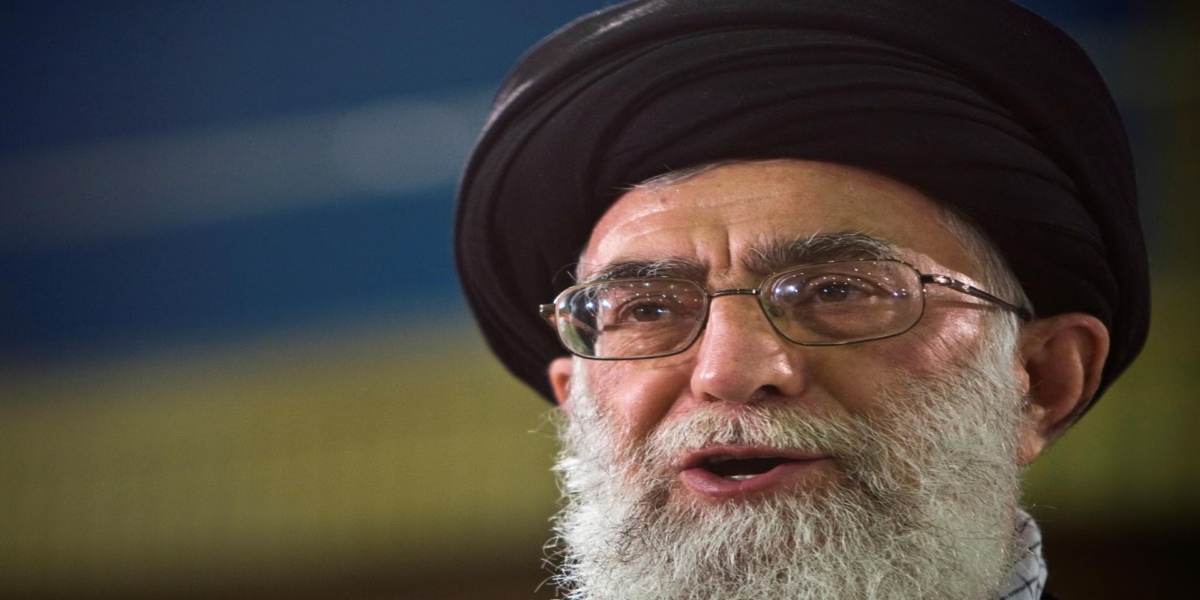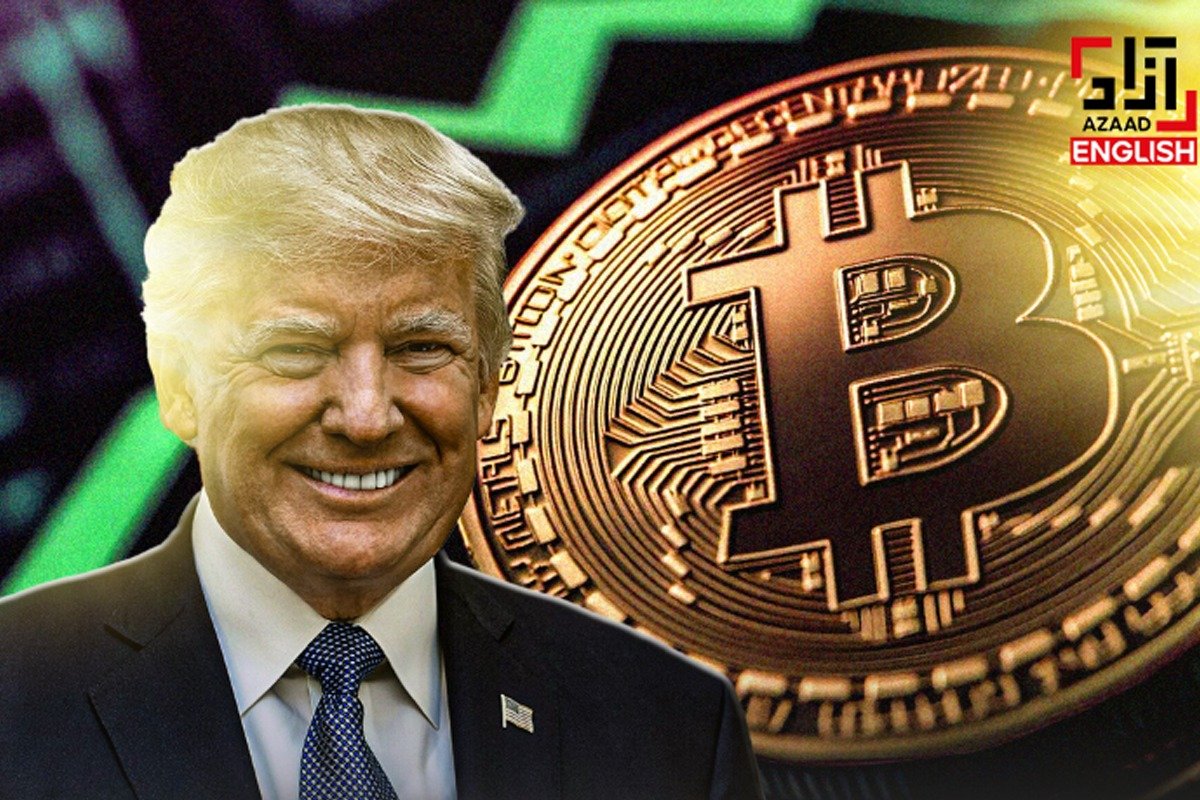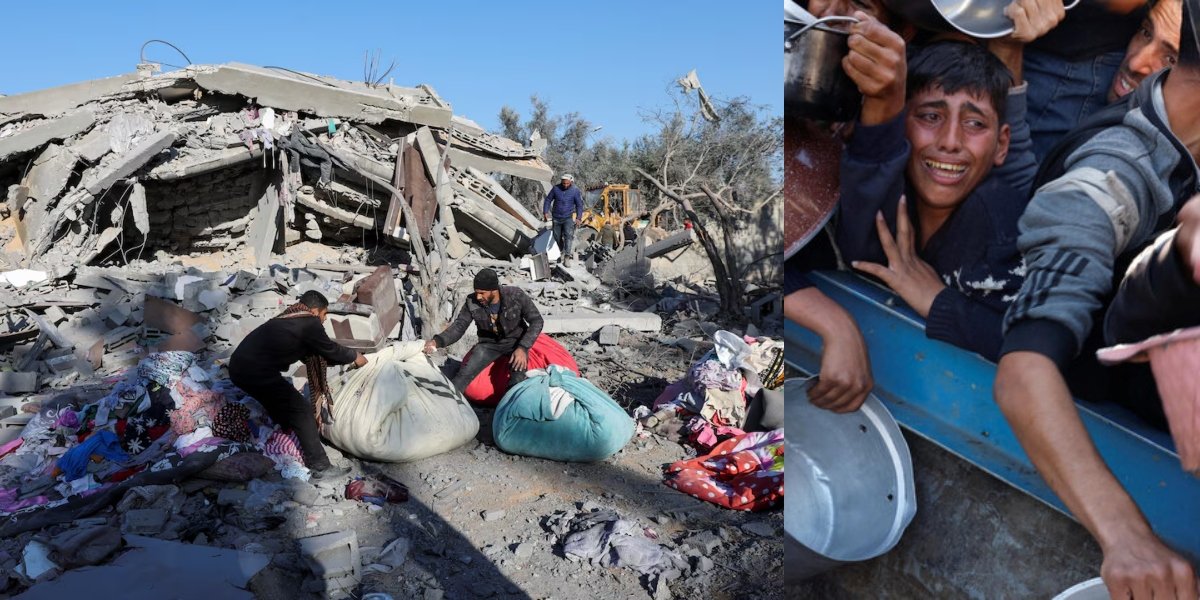In a significant escalation of regional tensions, Iran’s Supreme Leader Ayatollah Ali Khamenei has ordered direct strikes against Israel following the assassination of Hamas leader Ismail Haniyeh in Tehran, as reported by The New York Times.
The directive came during an emergency meeting of Iran’s Supreme National Security Council, shortly after the announcement of Haniyeh’s death.
The assassination, which Iran and Hamas attribute to Israel, occurred amid ongoing hostilities between Israel and Hamas in Gaza. Israel has neither confirmed nor denied its involvement. Haniyeh was in Tehran for the inauguration of Iran’s new president, Masoud Pezeshkian, when the attack took place.
Ayatollah Khamenei’s public statement underscored Iran’s intent to retaliate, describing the assassination as a transgression on Iranian soil. “We see avenging his blood as our duty,” Khamenei stated, warning that Israel has “prepared a harsh punishment for itself.”
Iranian officials, including Revolutionary Guards commanders, are reportedly considering a combination of drone and missile strikes targeting military installations near Tel Aviv and Haifa, while avoiding civilian areas. There is also talk of a coordinated response involving Iran’s allies across the region, including Yemen, Syria, and Iraq.
The assassination represents a severe security breach for Iran, particularly given Haniyeh’s high-profile status and the secure location of the attack. The incident has provoked widespread outrage among Iranian officials and citizens, who have called for stronger internal security measures.
Read More: Who was Ismail Haniyeh, the Hamas leader assassinated in Iran?
The killing of Haniyeh, a prominent figure in Hamas, further complicates the already tense geopolitical landscape. It risks derailing potential cease-fire negotiations in Gaza and exacerbating tensions between Israel and Hezbollah.
The broader implications of this event could lead to increased military actions from Iran’s “axis of resistance,” which includes Hezbollah in Lebanon, the Houthis in Yemen, and various militias in Iraq. Israel has faced almost daily exchanges of fire with Hezbollah along the Israeli-Lebanese border, and further provocations could ignite a wider regional conflict.
In response to these developments, Israeli Prime Minister Benjamin Netanyahu has maintained that Israel will “exact a very heavy price from any aggression against us on any front.” He also highlighted the potential for challenging days ahead.
The international community, including U.S. officials, has been working to mitigate the risk of an expanded conflict. However, the assassination of Haniyeh in Tehran, combined with recent Israeli strikes in Beirut and the ongoing war in Gaza, underscores the fragility of the current situation and the potential for a devastating regional war.
















